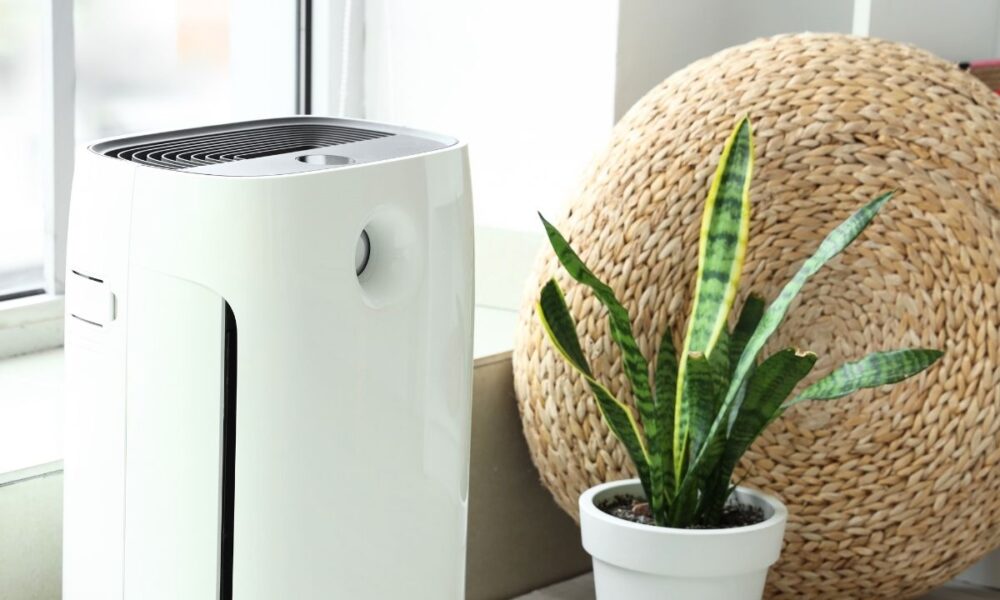New findings suggest that using an air purifier in your home could reduce the risk of experiencing a heart attack.
Pollution, like particles emitted from car exhaust and tire rubber, can make its way from roadways into nearby homes. These particles can enter the bloodstream after being inhaled and are linked to higher blood pressure, abnormal heart rhythms, inflammation, and plaque accumulation in the arteries.
However, researchers at the University of Connecticut say that air purifiers could offer an effective solution to combat the potentially deadly problem.
The study examined 154 adults who live near highways in the United States. The individuals were split into two groups, with one group given a high-efficiency particulate air (HEPA) purifier to use in their homes, and the other given a unit with the filter removed.
After one month of use, the groups switched purifiers.
To assess the participants, blood pressure measurements were taken, and questionnaires were administered, at the beginning and end of each period. People with elevated blood pressure recorded a 2.8-point drop in systolic blood pressure after using the air purifiers with filters, while those with the non-working units experienced just a 0.2-point drop.
“This research adds to growing evidence that simple interventions, like in-home air filtration, may help improve heart health for people at risk,” said Dr Douglas Brugge, chair of the Department of Public Health Sciences at the University of Connecticut and lead author of the study, per Daily Mail.
Air pollution is not only linked to a higher risk of cardiac events, but also elevated rates of autism and even dementia.
Last year, The Dallas Express reported on a study by researchers at the University of Cambridge that found for every 10 micrograms per cubic meter of PM2.5, a person’s relative risk of developing dementia rose by 17%.


